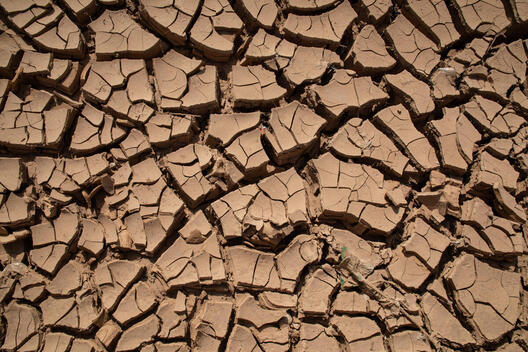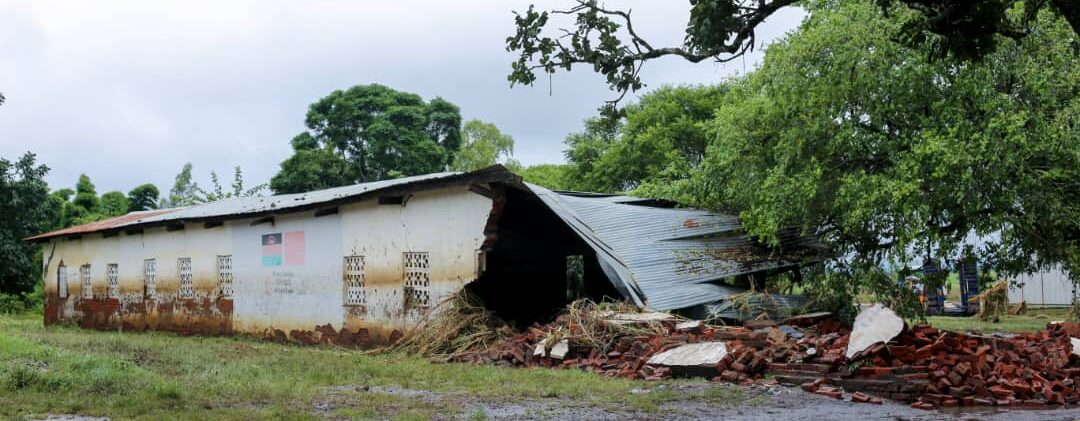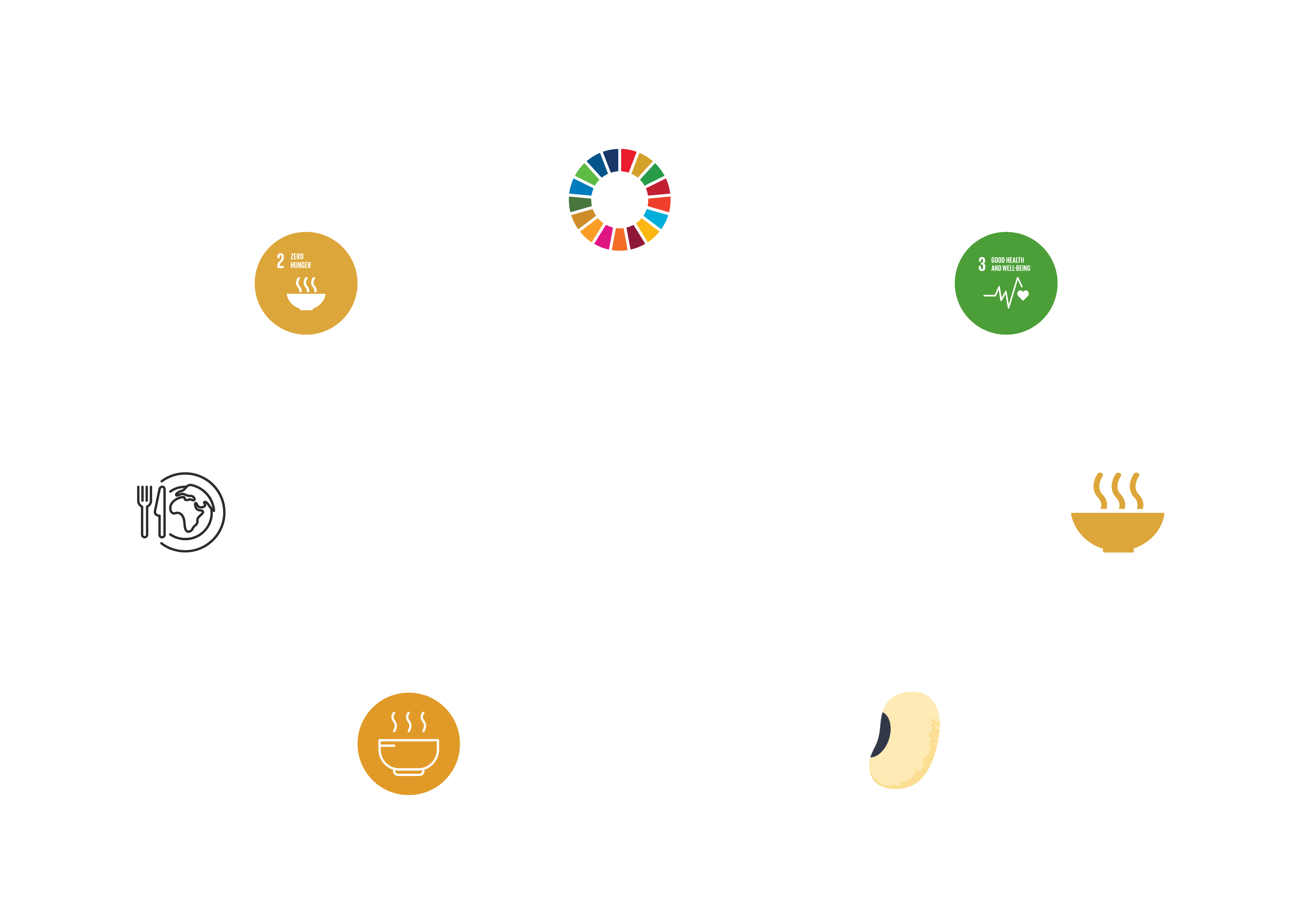
Food is Key towards Enjoying Good Health
At the heart of this nexus lies food security. The ability of individuals, communities, and nations to access and afford nutritious food is not only a human right but is also a cornerstone of public health. Quarter of a billion people around the world continue to face acute food insecurity in the context of a global food crisis. Weather extremes, such as heavy rains, tropical storms, cyclones, flooding, drought and increased climate variability remain significant drivers in some countries and regions. For example, across Malawi, Zambia and Zimbabwe, over 17 million people across the three countries will need assistance as the El Nino induced dry spell has caused devastating crop damage, prompting two of the countries to declare a state of emergency. By one estimate, an additional 524.9 million people could be pushed into moderate or severe food insecurity due to heatwaves by 2041-2060.
The absence of good food for all is costly, both for individuals and communities. In East and Southern Africa, Unicef has sounded the alarm as the impact of the ongoing El Nino still unfolds, but as with all climate crises, the resulting food and nutrition insecurity disproportionately affects vulnerable populations such as children, women and the elderly. Poor nutrition in early life stunts the development of a child’s brain, body and immune system with lifelong repercussions for their education and earning potential while also putting them at increased risk of non-communicable diseases as an adult.
“Communities who depend on agriculture face crop loss, resulting in children becoming malnourished or being forced to work to support income generation. Challenges in accessing clean water expose children to disease, affect livelihoods and cause forced displacement,” said Eva Kadilli, UNICEF Regional Director for Eastern and Southern Africa.
Climate Change is Multiplying Health Risks
Heatwaves, wildfires, and air pollution, all exacerbated by climate change, are directly threatening access to clean and potable water for many people around the world. Additionally, climate-related disasters are also disrupting community and national healthcare systems, exacerbating the burden on already strained resources and impeding access to essential health services. In Malawi, amidst one of its worst cholera crises, Cyclone Freddy induced flooding led to the damage or destruction of 83 health facilities, rendering thousands of underprivileged people unable to access health services. All of the above contribute to the burden of malnutrition, which is projected to be the leading cause of all climate-related child deaths by 2050.
Conversely, addressing climate change presents an opportunity to promote both food and nutrition security and public health. Recognizing the interconnected nature of the three issues, policymakers, researchers, and communities must adopt holistic approaches to address these complex challenges. This entails integrating climate adaptation and mitigation strategies into food and health systems, promoting sustainable agriculture and equitable access to nutritious food, and strengthening healthcare infrastructure to withstand the impacts of climate change.
Sustainable agricultural practices, such as agroecology, regenerative farming, and unique crops like beans, not only mitigate the environmental impacts of food production but also enhance resilience to climate change while promoting food security and nutrition.
What follows are some recommended climate actions to help promote health:

As per a United Nations Environment Program report, developing countries will need an annual financial commitment between $215 billion and $387 billion throughout the current decade to adequately address the loss and damage caused by global warming.
Scale Food Security and Nutrition Interventions:
Promoting food security and nutrition by increasing efforts to support vulnerable people through approaches such as social protection systems and safety nets, school feeding and public procurement programs, targeted research and innovation, and focusing on the specific needs of women, children and youth, indigenous peoples, smallholders, family farmers, local communities and persons with disabilities, among others. These are key in helping build individual and community resilience to shocks and ability to bounce back.
Operationalise Loss and Damage Fund:
During COP28 in the United Arab Emirates, countries operationalised the Loss and Damage Fund, marking the initial phase in the implementation of financial instruments aimed at addressing man-made climate consequences and fostering recovery from climate-induced disasters. Discussions and negotiations are currently underway to determine the management structure of the Fund. But the poor cannot wait, it’s time for the G20 countries and all concerned parties to expedite processes to make this a reality for vulnerable communities on the forefront of the climate crisis. Restoring food and nutrition security, which are at the heart of good health, should be a paramount concern for the Fund. As per a United Nations Environment Program report, developing countries will need an annual financial commitment between $215 billion and $387 billion throughout the current decade to adequately address the loss and damage caused by global warming.

Strengthen Country-level multisectoral response:
The interconnectedness of food security, health, and climate demands a coordinated, multi-sectoral response that acknowledges the complex interactions between these critical issues. By addressing the root causes of food insecurity, promoting sustainable agriculture and healthcare practices, and mitigating the impacts of climate change, we can create a more resilient, equitable, and healthy future of good food for all, for generations to come.








